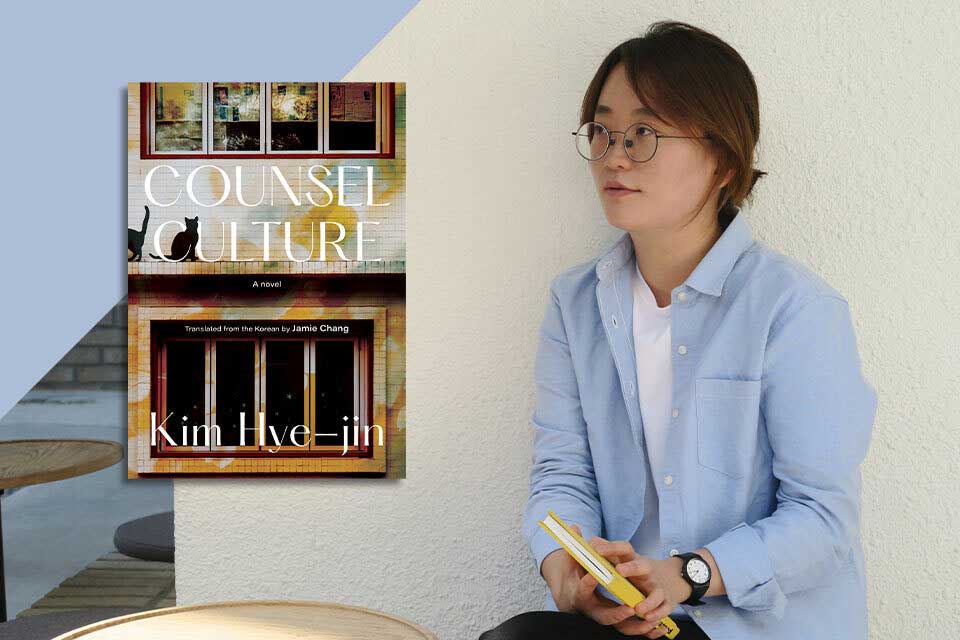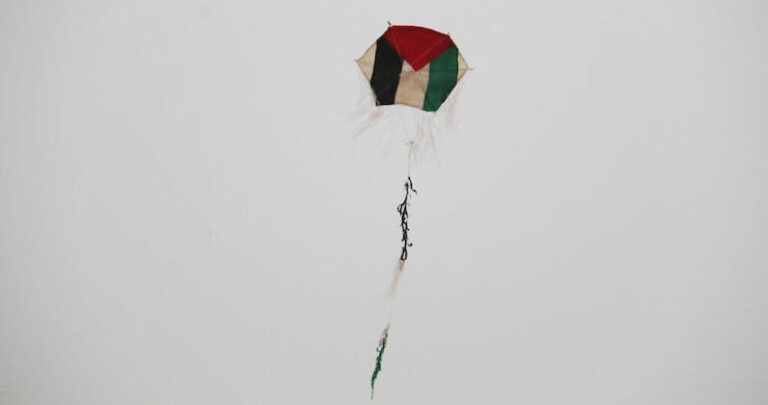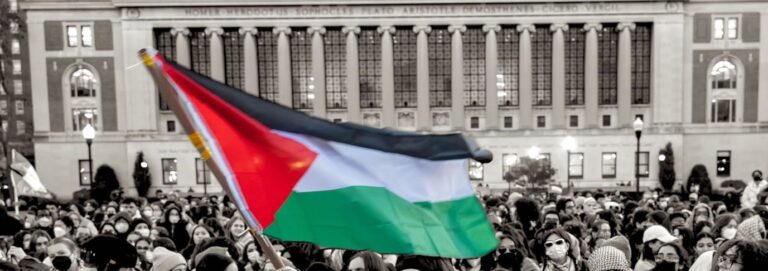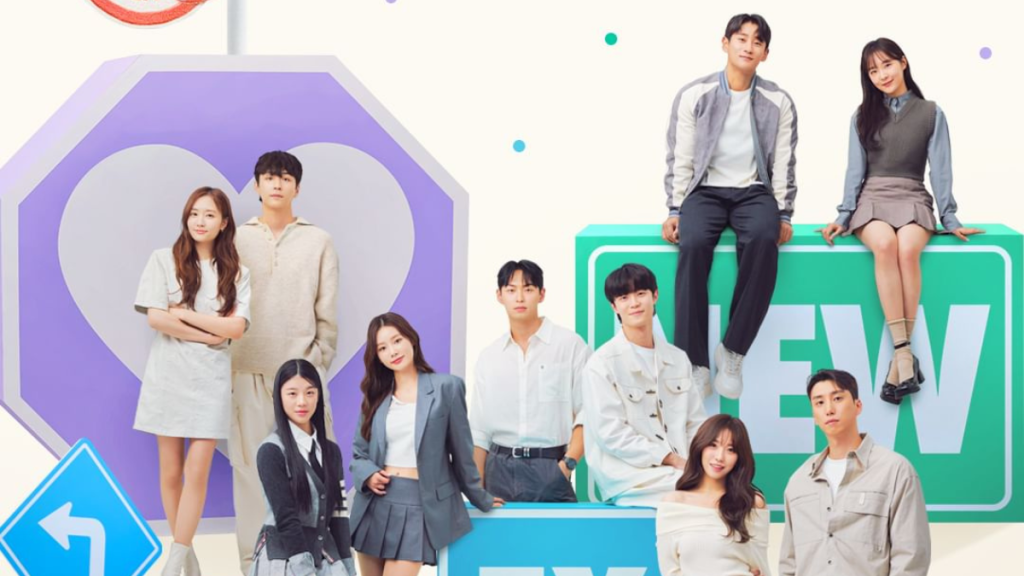
Photo © Lee Haesoo
On March 20, Restless Books published Kim Hye-jin’s Counsel Culture, a novel about a woman’s scapegoating and her path to redemption, translated by Jamie Chang. Haesoo Lim, a therapist who regularly appears on a TV program, makes a scripted comment about a public figure. He later commits suicide, which leads to Haesoo’s ostracization. A ten-year-old girl and a group of stray cats are the surprising forces that bring her back into the world.
Q: What initially motivated you to write Counsel Culture?
A: I wanted to write about a person who had made it through a very difficult period in their lives. I thought about the events that might unfold around that person, and how her relationships might be affected.
Q: What would you say is the novel’s central concern?
A: Haesoo, [ten-year-old] Sei, and [the street cat] Turnip are each going through challenging times in their lives. They are struggling in environments that are hostile toward them. But it is the internal battle they are facing, the struggle with themselves, that is more crucial. Haesoo is having difficulty admitting her mistakes and accepting the situation she is currently in. She is experiencing a process of punishing and forgiving herself.
Q: Kyung-sook Shin said of your first novel translated into English, Concerning My Daughter, that it’s “a powerful smashing of our fixed old ideas!” What are the fixed ideas that Concerning My Daughter broke down, and does Counsel Culture also smash some old notions?
A: Concerning My Daughter questions the notion of family within Korean society. It explores various possibilities of family forms that are not solely based on marriage and blood relations. Counsel Culture poses questions about one’s own mistakes, the mistakes of others, and about punishment and forgiveness. It seems that people today are increasingly eager to make quick judgments about certain issues, even when we don’t have the full details. The question of whether we are generous or harsh toward others appears to be deeply connected to our ability to admit and forgive our own mistakes.
Counsel Culture poses questions about one’s own mistakes, the mistakes of others, and about punishment and forgiveness.
Q: Stray cats play a pivotal role in Counsel Culture, particularly Kami and Turnip. They’re vividly drawn and, for me, were important characters in the book. What inspired their inclusion?
A: Before the incident, Haesoo didn’t think much about the limitations of language. She believed she could express and explain anything through words, but they begin to fail her following the incident. In many moments, she comes to realize that nonverbal communication is much more honest than verbal communication. I think Haesoo’s communication with Turnip reveals her gradual transformation. On a side note, I actually ended up rescuing a sick stray cat while working on this novel. The cat, who has become my new family, was a big source of inspiration.
Q: What culture offerings or trends are you most interested in (or concerned about)?
A: A few years ago, a tragic incident occurred in Itaewon, Seoul, resulting in many deaths and injuries. Ongoing discussions in Korean society since then have attempted to identify the causes of the incident and to create a safer community. I am interested in tragic events and accidents that we experience indirectly or directly. I am especially interested in how those affected remember and process the wounds caused by such incidents.
Q: You are from Daegu, South Korea. Where are your favorite spots in Daegu?
A: I moved to Seoul from Daegu when I was around twenty years old. When I visit Daegu to see my parents, I am often surprised by how much Daegu has changed (just like Seoul), that it feels foreign to me. Nevertheless, I still feel a connection to the neighborhood where I spent my childhood. Dongseong-ro, where I spent a lot of time with my friends growing up, remains the busiest street in Daegu and a place filled with many memories for me.
Q: You were the special award laureate of the fourth Lee Hochul Literary Prize for Peace in 2020. Could you tell us about that award and how your work connects with its aims?
A: This award was established to honor the writer Lee Ho-cheol, a prominent figure in reunification literature (literature that advocates for reunification of the Korean peninsula). The main award is open to writers actively publishing regardless of language and nationality, while the special prize is given to young Korean writers. I received the Lee Ho-cheol Peace Literature Award special prize in 2020. This award is given to writers that seek answers to issues of political struggle, gender, refugees, race, and discrimination through their works. I don’t think these themes feature prominently in my novels. I tend to focus on smaller, seemingly trivial things that are nevertheless common experiences in our daily lives. But I do believe that significant societal changes can stem from the smallest, most trivial things.
Translation from the Korean











 Bengali (Bangladesh) ·
Bengali (Bangladesh) ·  English (United States) ·
English (United States) ·